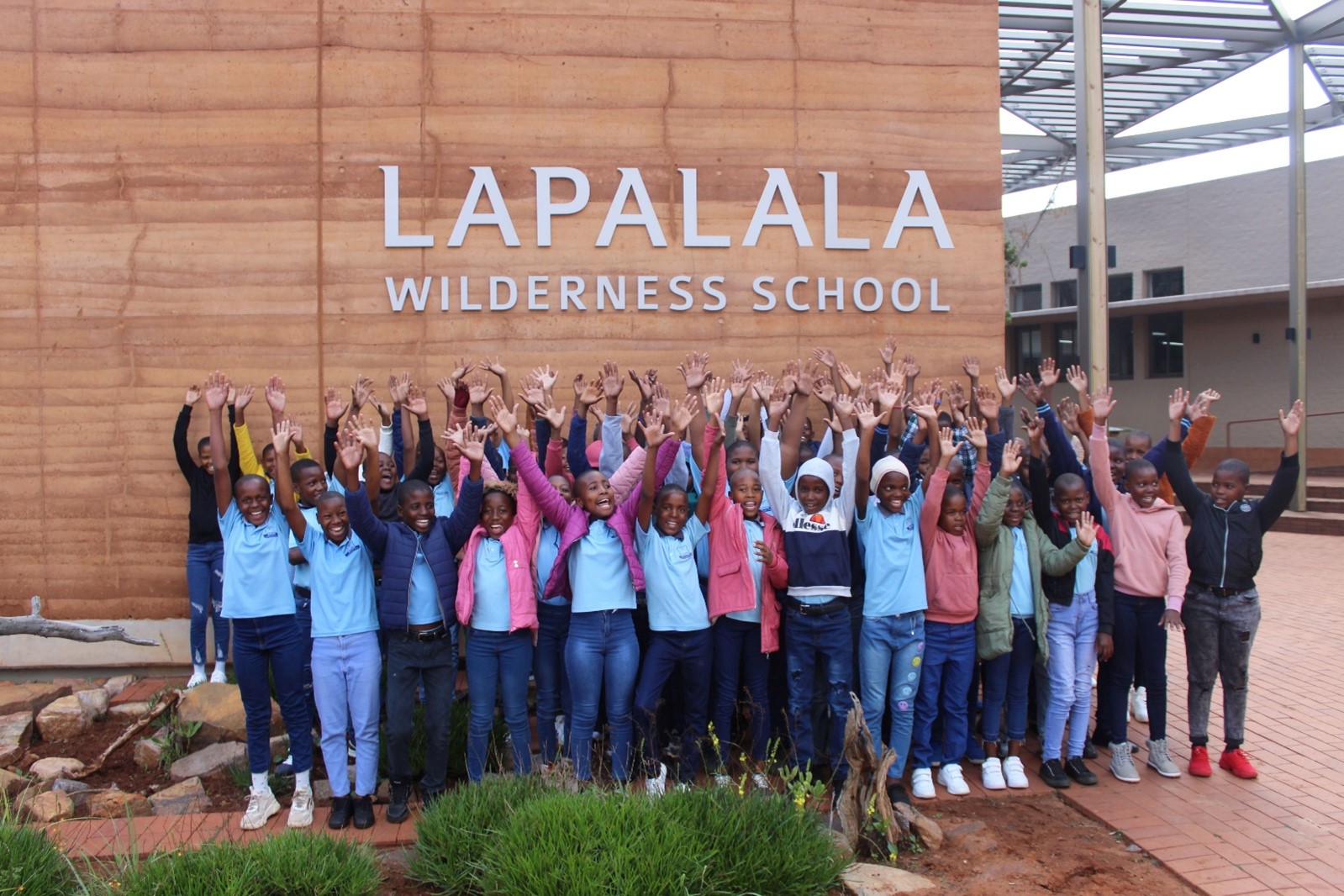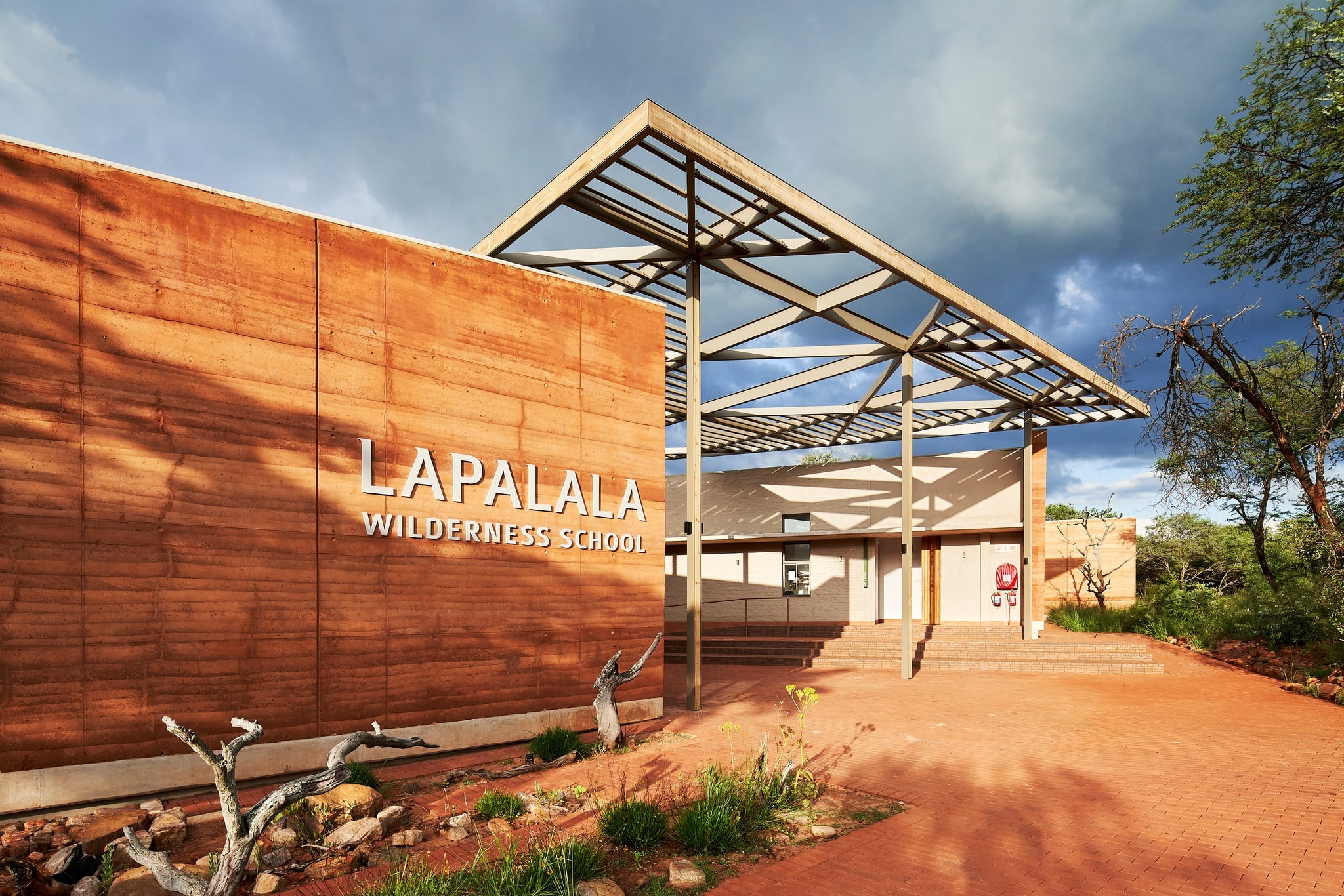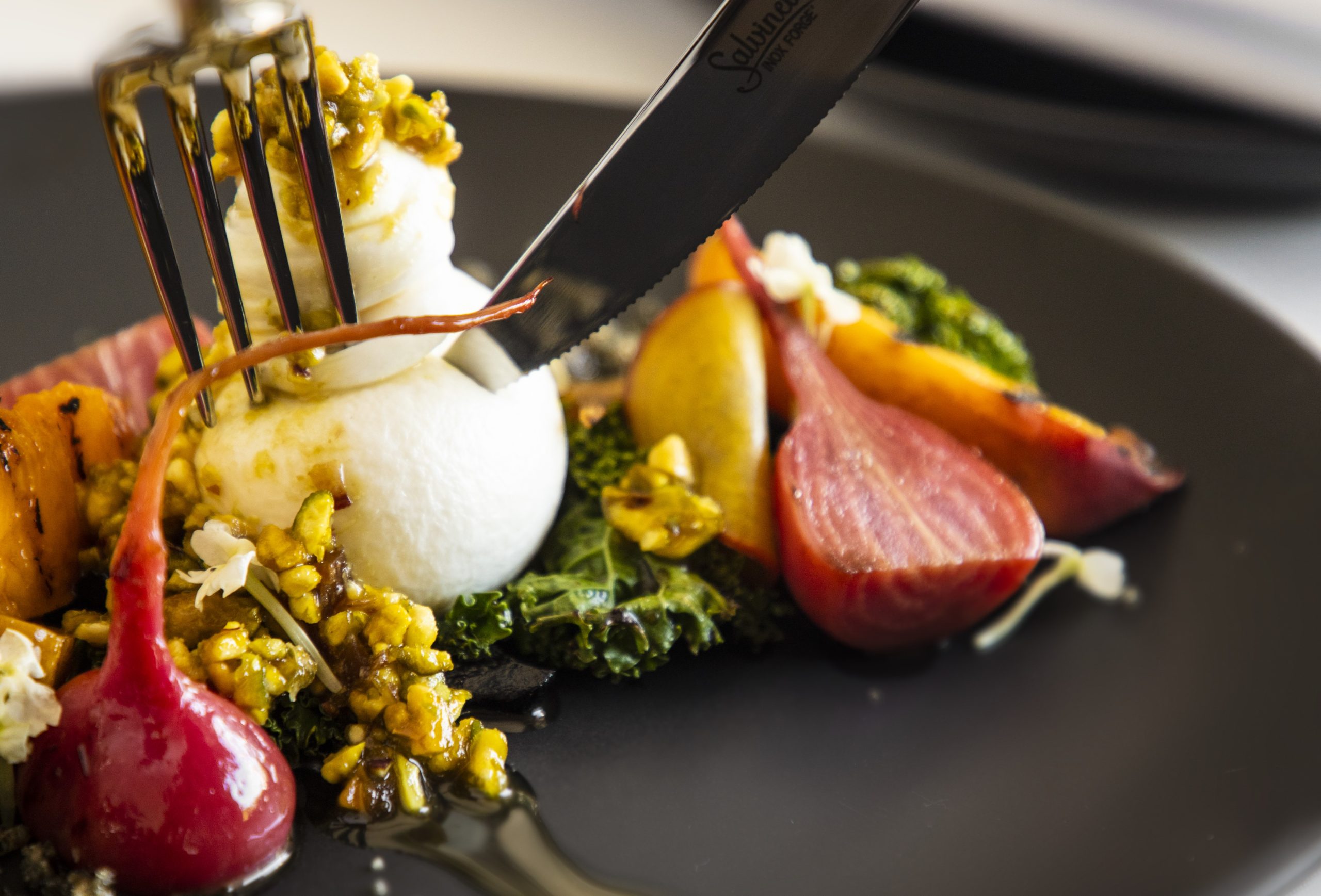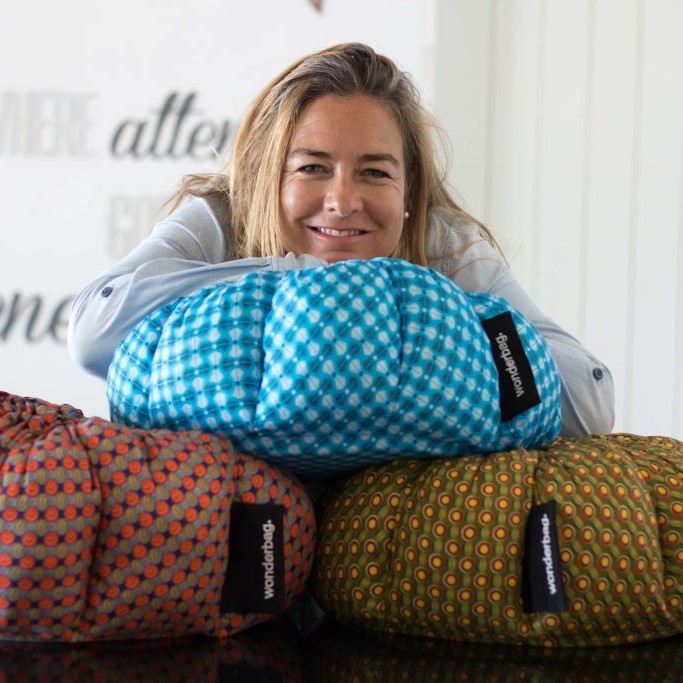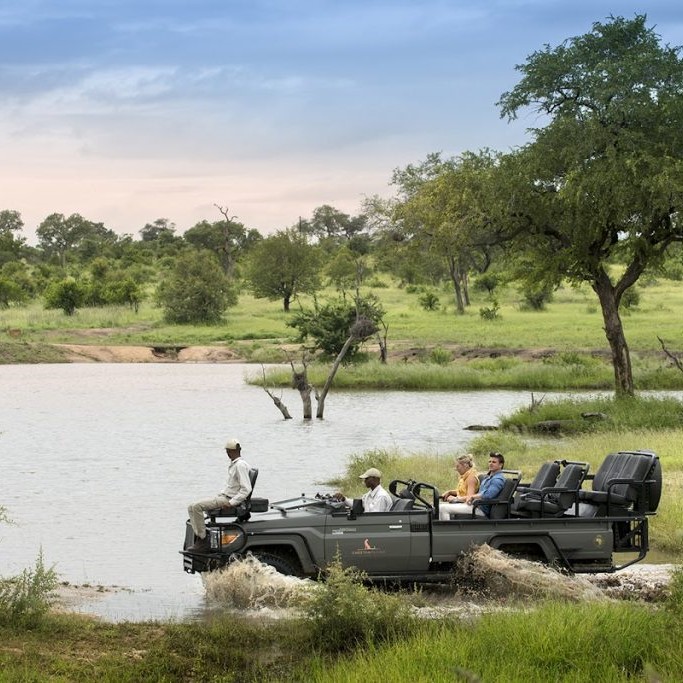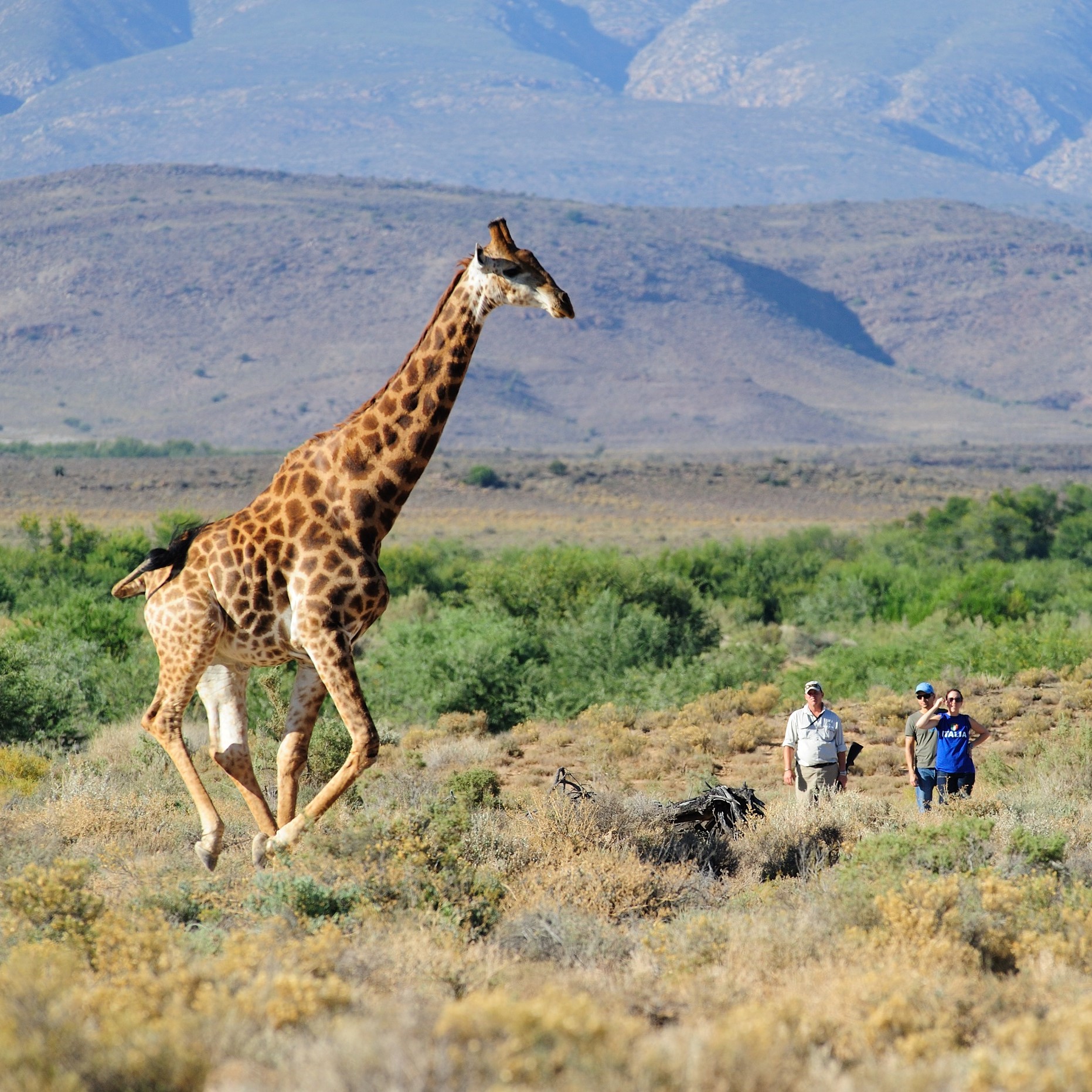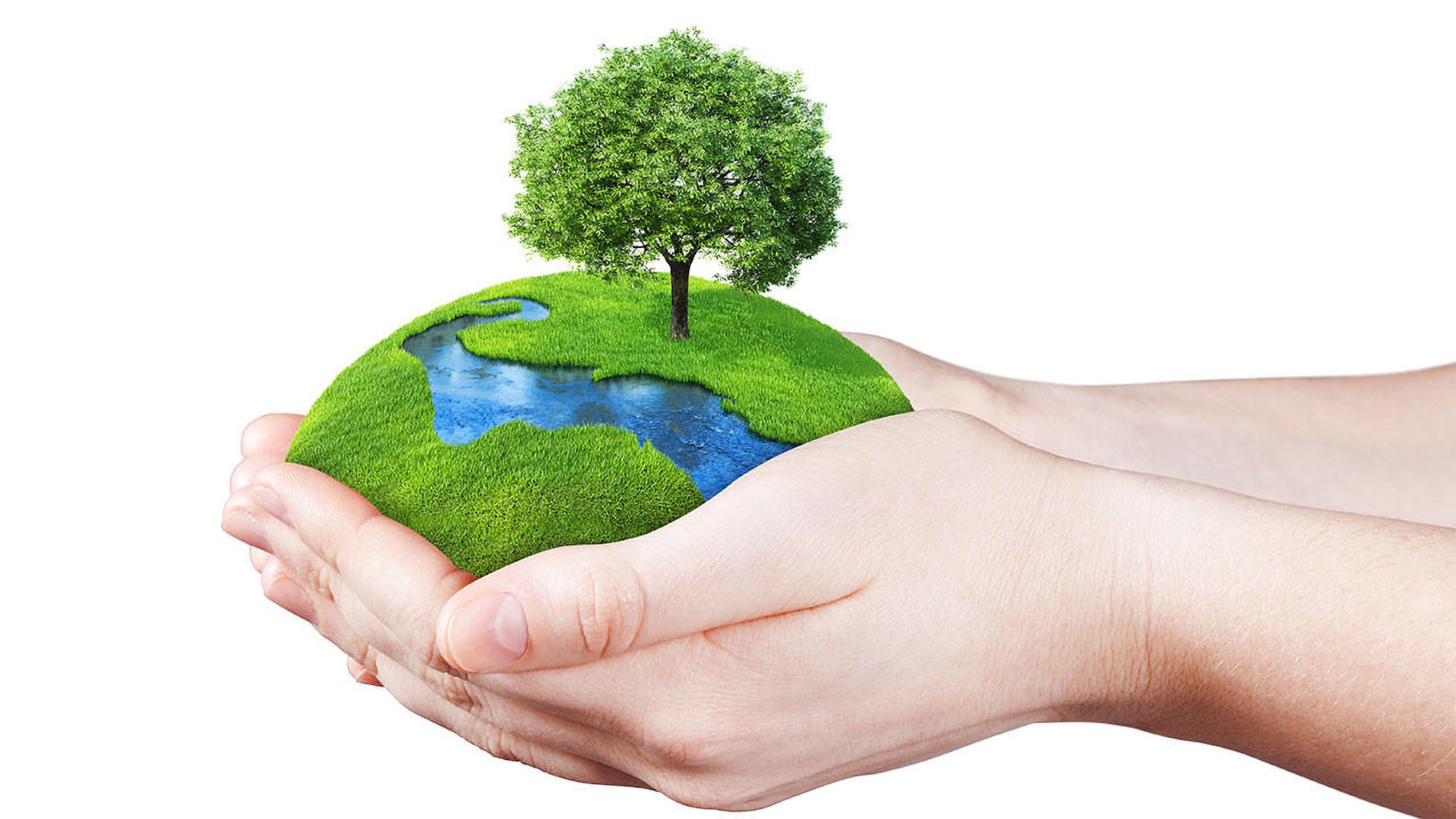As a responsible tourism destination, the Table Mountain Cableway focuses on the three pillars of responsible tourism – environmental, social and economic responsibility.
Environmental Responsibility:
In order to protect the unique environment within which it operates, the Cableway adheres to the following environmental policy
1. As custodians of a high-use area of Table Mountain, they are committed to its protection within their area of responsibility.
2. They are committed to creating and maintaining a clean, safe and healthy environment for their employees and visitors.
3. They are committed to continual improvement in service provision and environmental performance.
4. They aim to eliminate pollution within their area of responsibility.
5. They are committed to complying with all relevant environmental legislation and regulations.
6. They support and promote the precautionary principle in all their activities and will endeavor to modify their service, in line with evolving scientific and technical knowledge, to prevent environmental degradation.
7. They adhere to the environmental procedures as set out in the Environmental Management System and review their policy and environmental performance on an ongoing basis.
8. They are committed to biodiversity conservation in conjunction with Table Mountain National Park and other conservation authorities.
9. They are committed to raising environmental awareness of employees and visitors.
10. They are committed to the sustainable use of all resources and minimise waste at source and recycle where possible.
11. They are committed to contributing financially to the preservation of Table Mountain.
12. They are committed to document, implement, maintain and make their environmental policy available to all interested parties.
Resource Management
As a responsible tourism destination resource management (water, waste and energy management) is important to the Cableway.
Water management
Water is necessary for our very existence and, as such, is a precious commodity, especially on top of Table Mountain. To preserve the fynbos and prevent depletion of water supplies on the mountain they are serious about minimising their water consumption.
Water-saving measures include:
- Installing new recycling toilets, which feature significantly reduced water usage
- Changing all flush toilets, other than in the disabled facilities, to a dual-flush mechanism
- Fitting all men’s toilets with waterless urinals
- Using sensor-operated taps throughout their ablution facilities
- Reducing the amount of grey water generated by a massive 1-million litres by moving the production kitchen to the Lower Station, and using compostable cups, lids, cutlery and straws in their food and beverage facilities
- Transporting waste water and sewage to the Lower Station, using the cable cars
- Having meters installed to monitor the water usage
Waste Management
Over the period 2009 – 2013 waste management at the Cableway improved dramatically. Over this five year period a 45% reduction in waste to landfill was recorded, as well as an increase of 950% in the amount of recycling that was handled at the Cableway.
- Appointing a full-time, in-house recycler to ensure that the maximum possible amount of recyclable waste is removed from the general waste stream
- Increasing the number of recycling bins so that sorting of waste can take place at source
- Installing soda fountains and beer on tap in the Table Mountain Café (this has resulted in a drastic reduction in glass, soft drink cans and plastic bottles. All soft drinks from the soda fountain and beers from the beer on tap are sold in recyclable PLA cups)
- All hazardous waste (e.g. printer cartridges, fluorescent lights, medical waste, batteries, etc.) is removed by specialist waste removal companies
Energy Management
The Cableway has implemented the following electricity-saving measures:
- Fitting timers and blankets on all essential geysers
- Switching off all non-essential geysers
- Using energy-saving bulbs in all th light fittings
- Fitting timers to all outside lighting circuits
- Regulating air-conditioners in their offices to between 18 and 21°C to save energy while still providing comfortable working conditions
In addition to this, the energy generated by the descent of our cable cars sees 1 500kWh a month being fed back into the electricity grid.
Social Responsibility
Class in the Clouds
The Class in the Clouds programme is aimed at South African learners from Grades 1 to 12. It affords learners an educational experience on top of TableMountain.
The programme has been running since 2002 and for a small fee, any South African school can join Table Mountain Cableway’s educational programme, which gives learners the opportunity to discover the top of TableMountain and learn about the natural flora and fauna that are found on it. It is the perfect escape from the confines of the classroom and lessons are themed around travel and tourism, geography and environmental studies.
Concession tickets
The Cableway recognises the need to contribute positively to communities and organisations in need. As part of it’s Corporate Social Investment programme, the Cableway supports underprivileged and non-profit organisations by providing tickets (either on a complimentary or concession basis) for a day out on Table Mountain, or by providing tickets which may be used as a competition prize to raise funds for a good cause.
Skills Development
Learnerships
Siyafundisa: Table Mountain Aerial Way Company’s Academy of Learning
One of the important aspects of the Cableway’s People Brand Policy is that the company is dedicated to assisting employees to reach their full potential by providing opportunities to develop skills. Siyafundisa, the Cableway’s Academy of Learning, was established to address the following business needs:
• Having formally skilled employees at staff level
• Having a formal learning pipeline for seasonal staff, ensuring longer employment relationships and skilled staff over season
• Contributing to Corporate Social Investment / future employability of learners
• Supporting a staffing philosophy that involves employing more multi-skilled stewards
• Supporting the company’s People Brand Policy
• Contributing to the Equity Plan and Skills Development Act
Economic Responsibility
TableMountain Cableway is serious about responsible tourism. The company supports local communities and suppliers, wherever possible, and aims to grow and develop the relationship with suppliers to produce successful, long-term and mutually beneficial relationships. Some of the suppliers that the Cableway has worked with include: Rootz Creations, Recycled in Africa and Yvettie Munava. The Cableway is also recognised as a Level Four B-BBEE Contributor with a procurement recognition level of 100%.
Casey Moran started Rootz Creationz in the Valley of 1000 Hills in 1995, when she trained a young woman named Thokozane Khumalo to be the company’s first artist.By providing training in a range of artistic disciplines and training in administration and marketing, the company has developed its network to include 30 people, 25 of whom are women. Product development is done in house, and once trainees have accumulated enough skill, they are integrated into the process. As TMACC is the company’s largest client, we are proud to assist in creating employment for breadwinners who produce and sell handicraft that celebrates the creative spirit of Africa.
Yvettie Munava is a 25-year-old Zimbawean who makes beautiful jewellery from cardboard beads. Through her entrepreneurship she supports her brother and sister who live in Zimbabwe and her child and husband. Living in the township of Imizamo Yethu in HoutBay, Yvettie used to collect her raw materials from landfills, but when she came to TMACC’s attention in 2009, we started collecting the raw material for her, from our own refuse. Yvettie now takes a taxi that we pay for to collect cardboard from us. She then makes her beautiful jewellery and sells it to TMACC, the only place it is sold.


